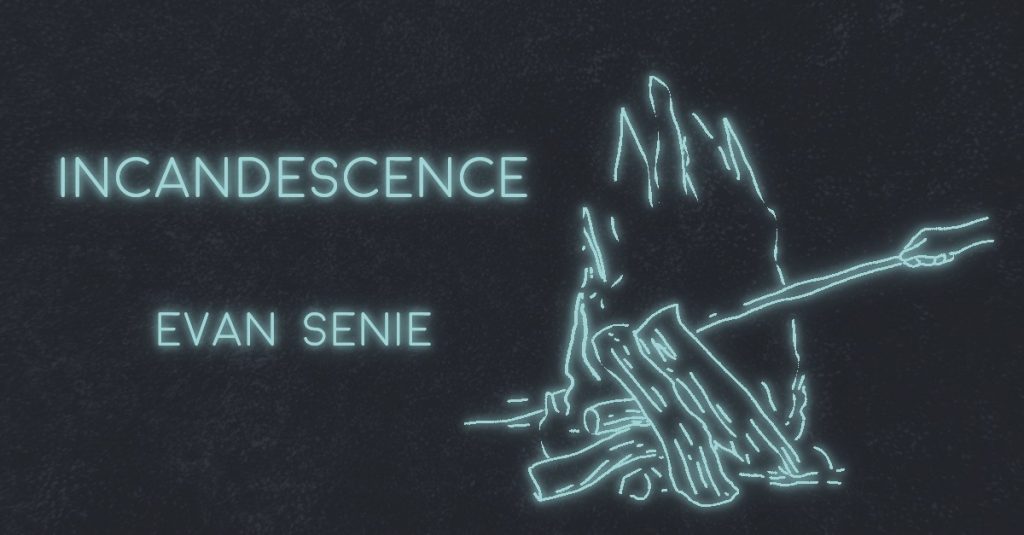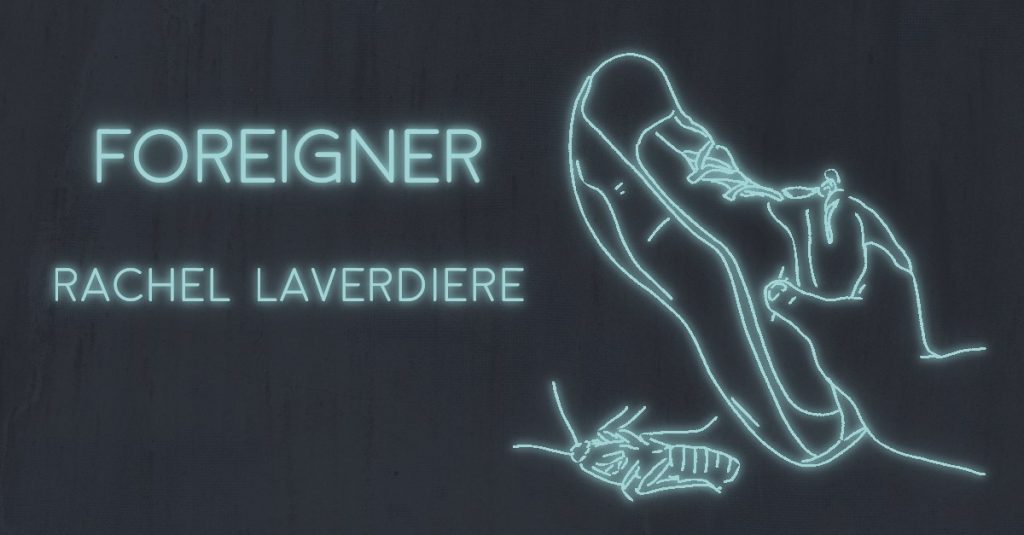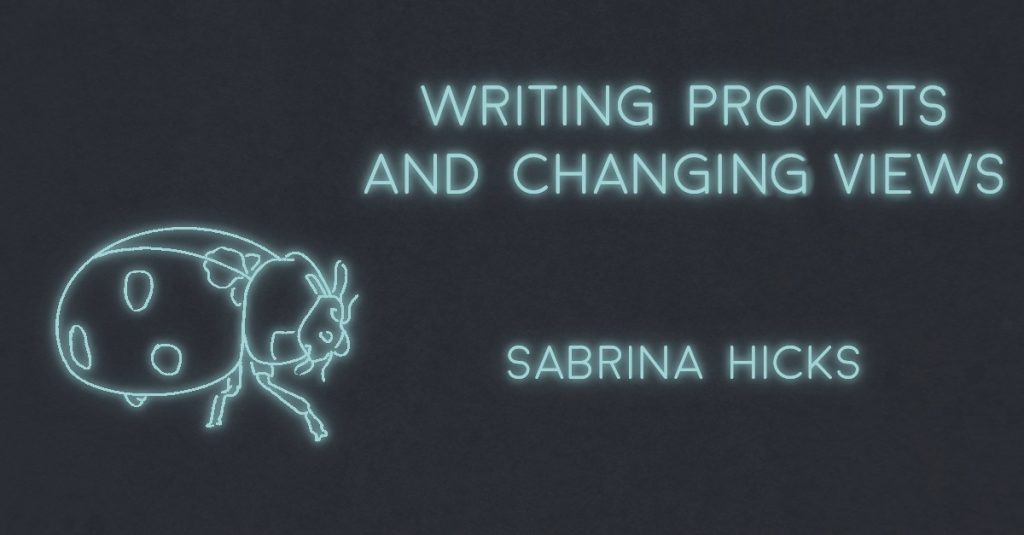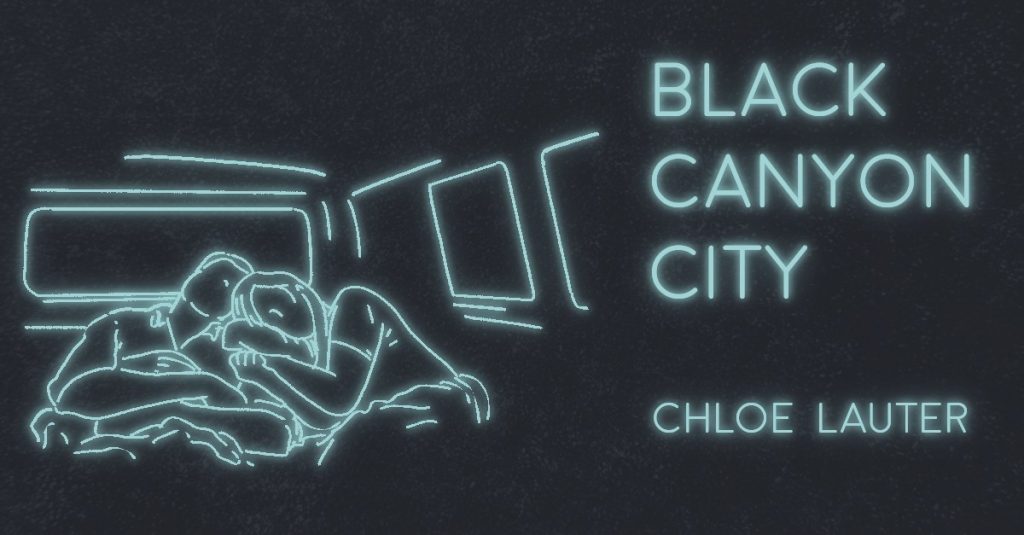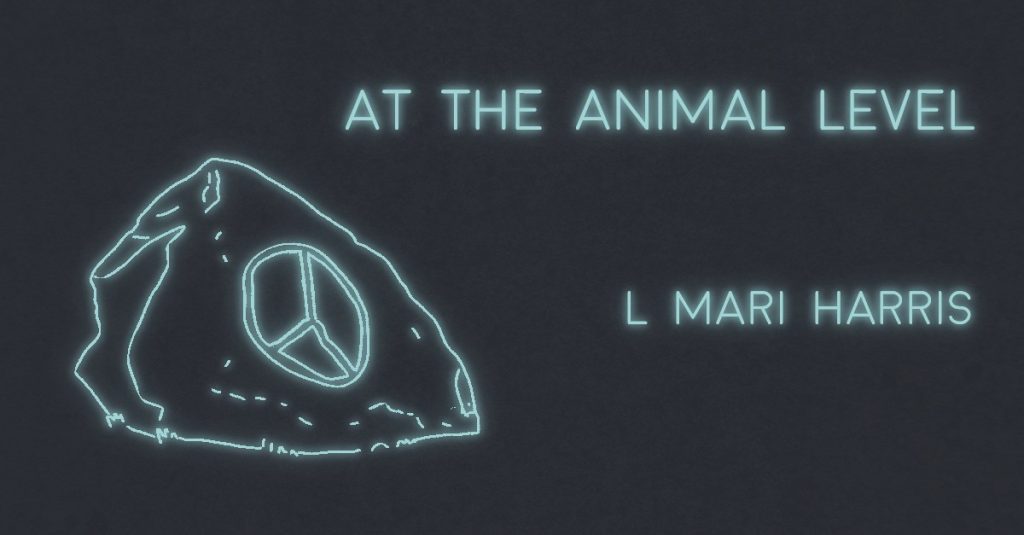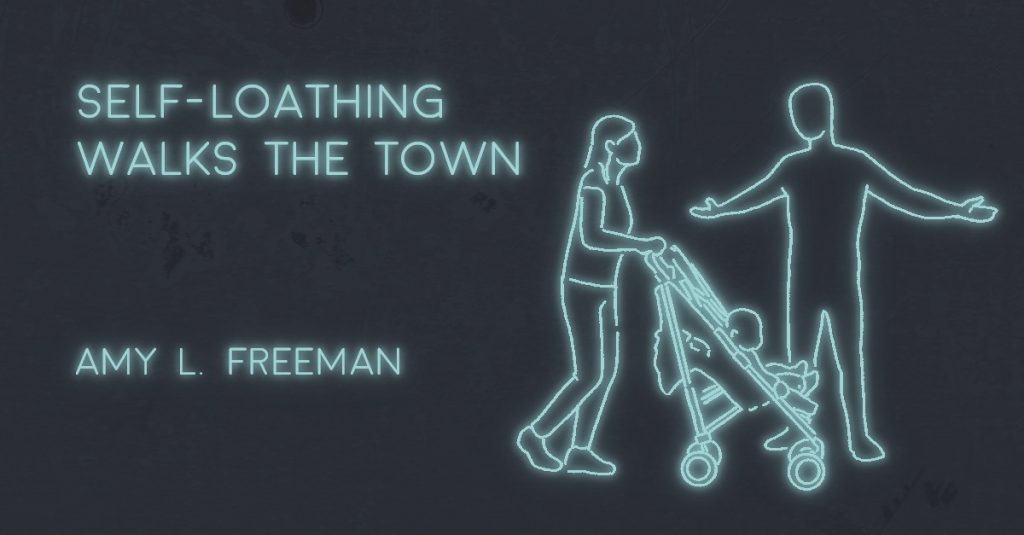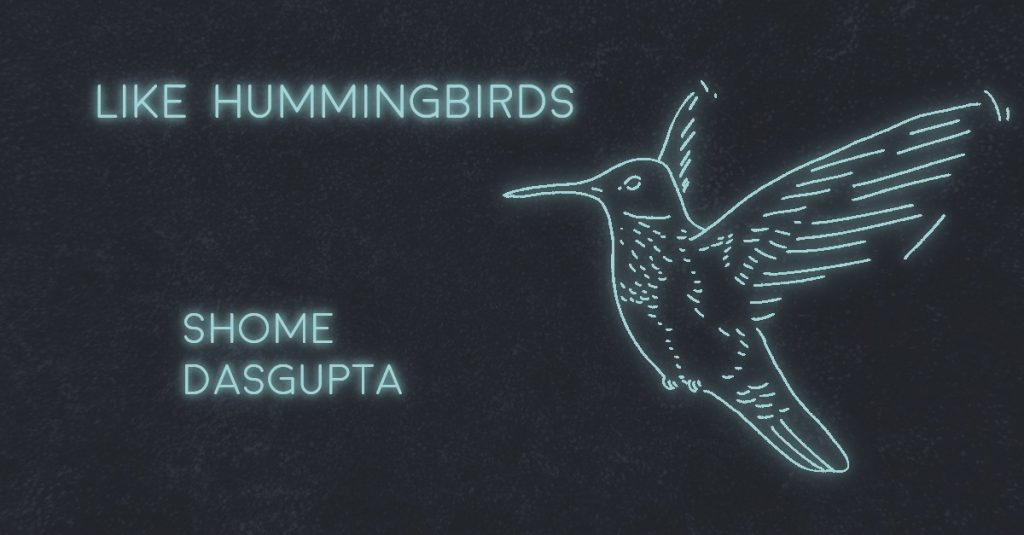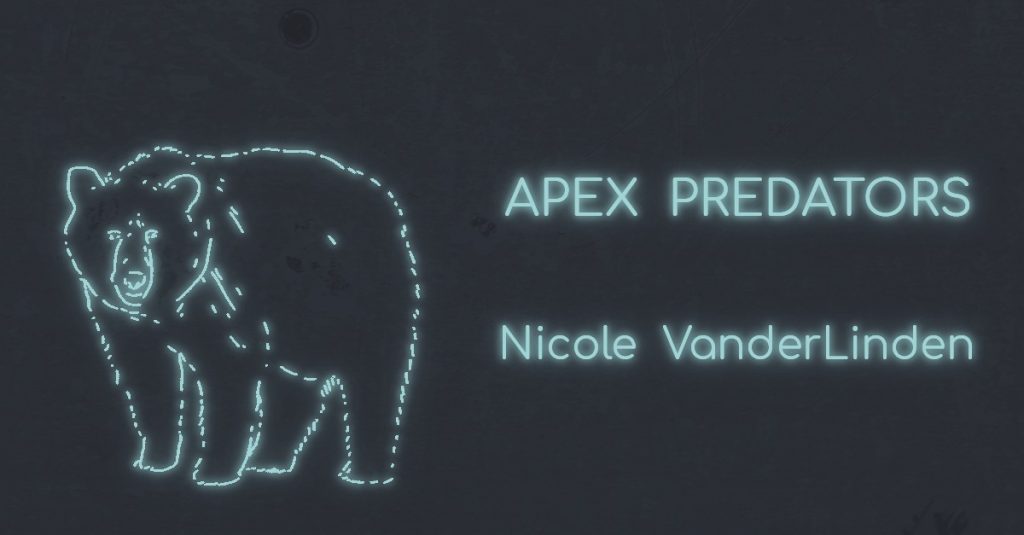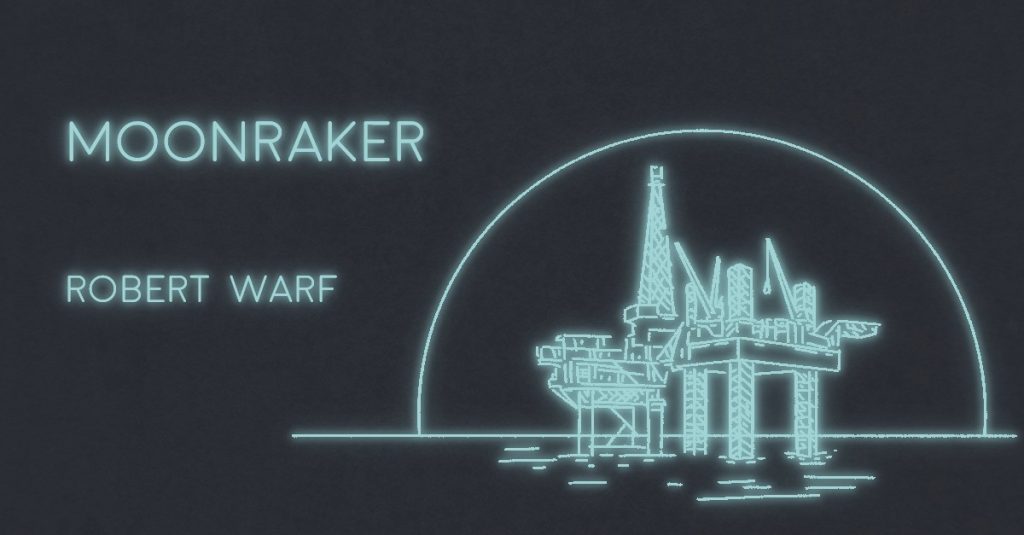
MOONRAKER by Robert Warf
GREENHOUSE My father’s hands are large and calloused with supple jointed thumbs. I have my mother’s hands. I’m a man. Not a man like my father. A man like my mother. I’d tell you about my mother’s hands, but I can only say so much for so long about a good thing. But I’ll tell you about my father. I’ll tell you something. MOONSHADOW Oil rig at sea. Drillers drilling. Sweat. Dripping sweat. The moon overhead. Men work under lamplight. Roughnecks with rough hands. Hands of a father. Smoldering filter in dirty fingers. Dirty fingers of my father’s dirty work….

